 The Book of Lost Things, John Connolly
The Book of Lost Things, John Connolly
This is one of those books that I knew was an objectively good book, but I didn’t actually enjoy reading it. (So, the opposite of The Au-pairs.)
The beginning of the book reminded me of all the other precocious pre-adolescents I’ve been reading about lately: twelve-year-old David is a bright, bookish English kid whose mother is dying during World War II. She kicks it early on, and he is then subjected to a stepmother, Rose, and a new baby brother. There’s a lot of whining and a little bit of family intrigue, as David moves into the bedroom of a little boy who disappeared decades ago. In the background is the war, which draws David’s father away from home, and creates plenty of tension in the house.
All this was fine and totally enjoyable, and of course right up my alley. However, the book quickly becomes very weird as David is transported to the world of fairy tales–and not the nice Disney-fied versions, either. He’s faced with any number of terrible creatures, from a tribe of half-wolf/half-humans (the story of their creation is the weirdest of all Connolly’s weird fairy-tale reinventions) to the Crooked Man, who really wants to eat David’s little brother. David embarks on a long, dangerous journey to meet the King–who turns out to be very Oz-like in a strange and kind of wonderful way–and is helped along the way by some interesting companions (including the Knight, who is on a suicide mission to find his dead lover, and the Woodsman, who is maybe God). There’s a discomforting hint of misogyny in a number of David’s encounters, which if you’re inclined to be generous can be read as David’s giving form to his wariness of his stepmother. I suspect it will bother some readers, though, so there’s your fair warning.
I will say that I’m not a fantasy person. If I suspect that a book will prominently feature dwarves or fairies, I do not read it. So this was outside my comfort zone, in that regard, and I’m sure that my prejudices affected my reading of the book. Still, the main problem for me was that I wasn’t expecting this book to be as gory as it was. There were too many graphic depictions of torture, dismemberment, decaying bodies and so on–I didn’t realize until after I’d finished the book that Connolly mostly writes crime thrillers. Had I known that, I probably wouldn’t have picked this book up. It’s just not my taste–but for those of you who have a love of gory thrillers, an active imagination, and a taste for the literary, this book would probably be great.
So in the end, did I like this book? I have no idea. I guess I did. I thought the ending was sad, and it made me tear up a bit. Of course, I was also relieved when it was over, so maybe I didn’t like it. Maybe you will.
In short: Though not for the faint of heart (or stomach), The Book of Lost Things is an entertaining, occasionally thought-provoking visit to the realm of childhood nightmares. Thanks a lot, John.
Read it if you like:Â The Wizard of Oz;Â the David Bowie movie Labyrinth, which I was reminded of on pretty much every page; that weird Sweet Valley Twins book where they go to the theme park and a witch tries to eat Jessica or something

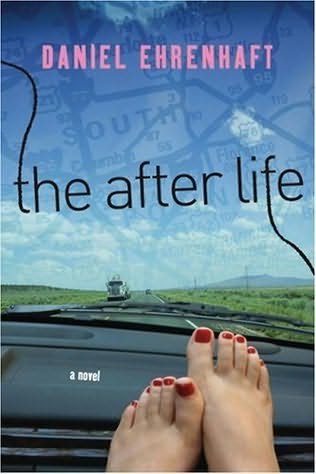 The After-Life
The After-Life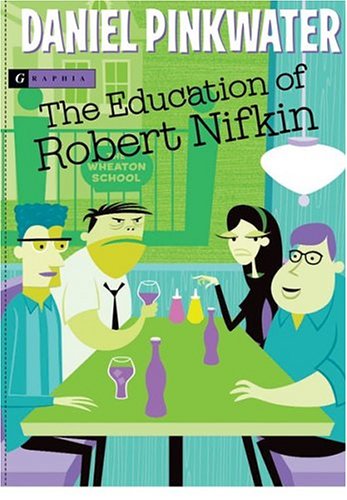 The Education of Robert Nifkin
The Education of Robert Nifkin The Disreputable History of Frankie Landau-Banks
The Disreputable History of Frankie Landau-Banks
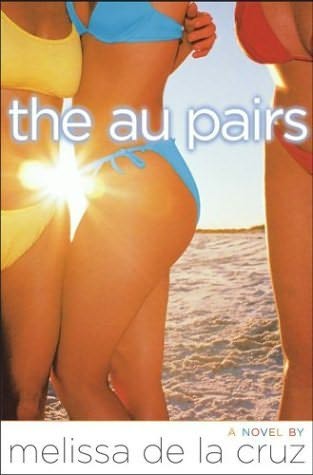
 No Missing Parts, And Other Stories about Real Princesses
No Missing Parts, And Other Stories about Real Princesses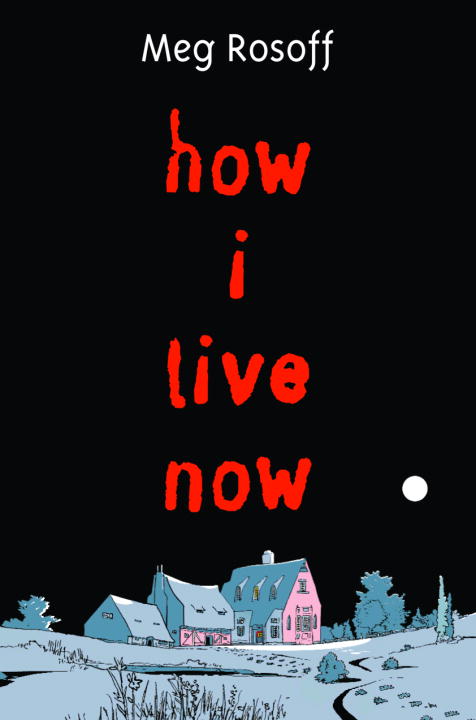 How I Live Now
How I Live Now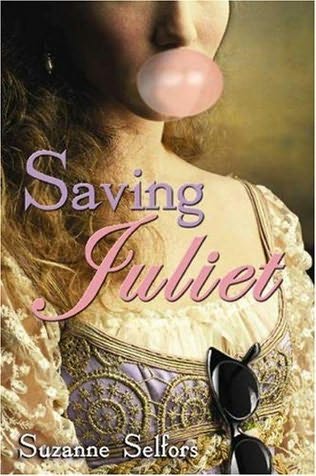 Saving Juliet
Saving Juliet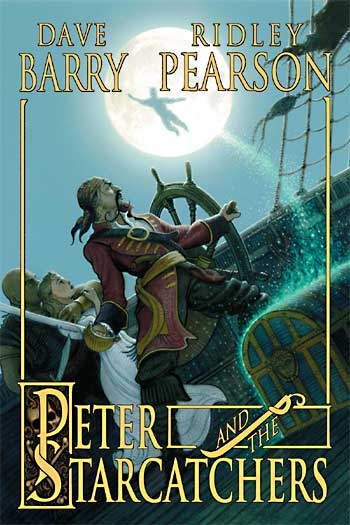 Peter and the Starcatchers
Peter and the Starcatchers